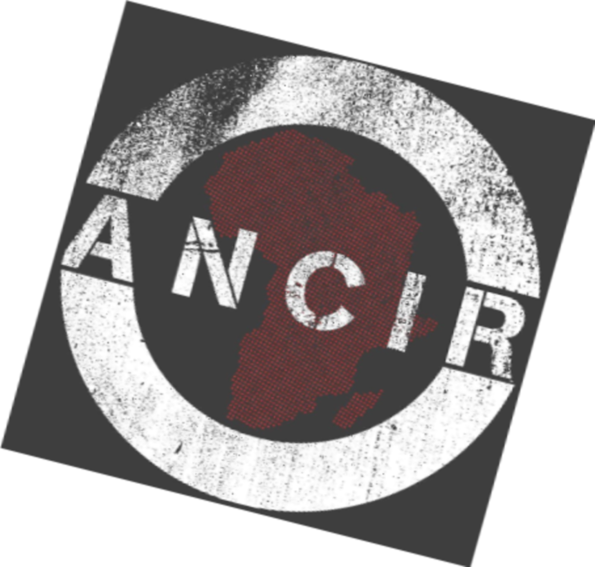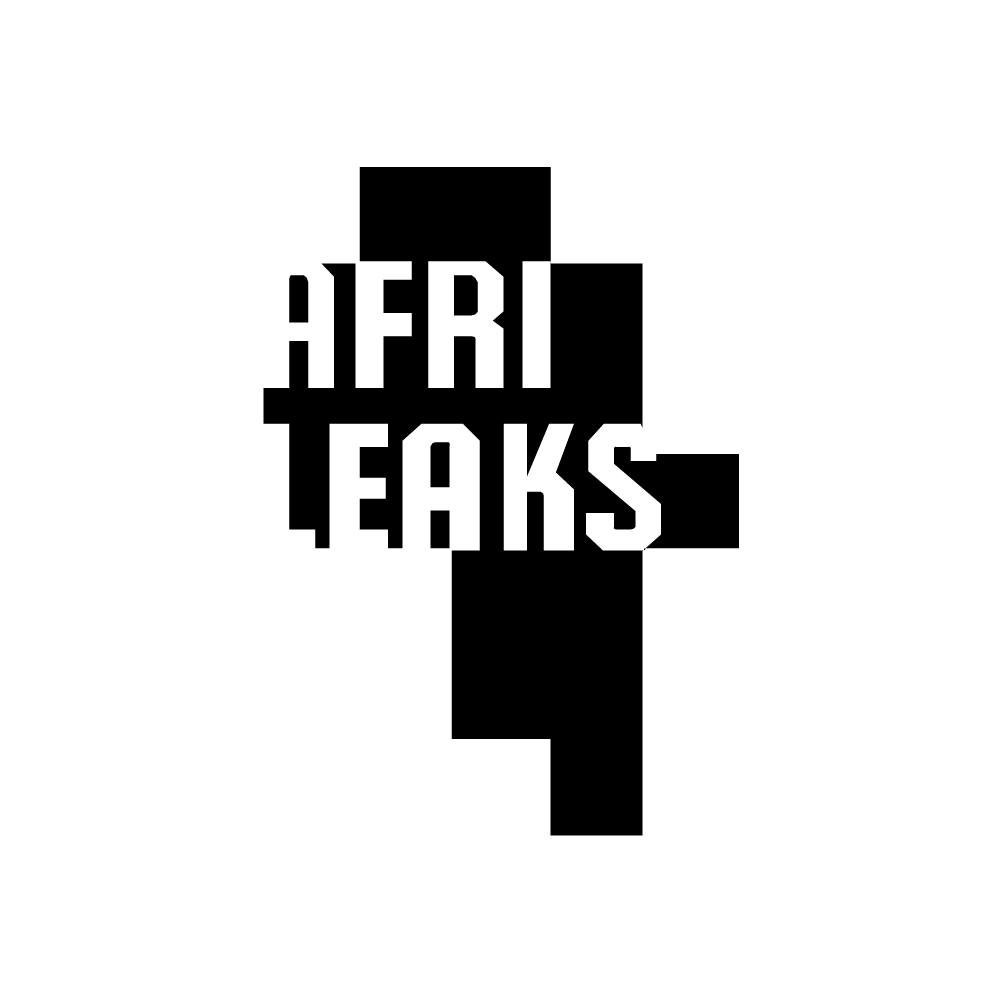Namibia port linked to international tender scandal
A shell company linked to a bribery scandal in Brazil paid $1 million to another firm wholly owned by a Trinidadian politician as part of an international bid to win a $340 million tender to expand the Walvis Bay Port in Namibia.
This information comes from leaked internal data from Panama-based law firm Mossack Fonseca, obtained by the German newspaper Süddeutsche Zeitung, and shared with the International Consortium of Investigative Journalists (ICIJ).
Santa Tereza Services, a firm incorporated in New Zealand, but which is owned by another shell company in London, outsourced a $1 million contract to Pendrey Associates Corporation in 2012.
On 27 December 2012, Santa Tereza Services, which has a bank account at PBK Bank in Switzerland, tasked Pendrey Associates, an offshore firm based in Panama and registered by Mossack Fonseca, with determining the price of the Namibian port contract and producing a technical report on key aspects such as the workforce and bidding processes.
According to court documents from Brazil’s “Operation Car Wash” scandal, Santa Tereza Services paid the $1 million to Pendrey “to develop the technical studies that will support the pricing and the technical proposal for the expansion of the Walvis Bay Port”.
Though the identity of the company that subcontracted Santa Tereza is still not known, what is clear is that Santa Tereza Services has a dirty past. By early 2015, Santa Tereza Services emerged as a significant player in the Brazilian bribery scandal code-named “Lava Jato”, or Operation Car Wash.
The scandal began as an investigation into alleged kickbacks at oil giant Petrobras, and has expanded in scope to include a slew of Brazilian construction companies, alleged money laundering and payoffs to some of Brazil’s top-ranking politicians.
According to Brazilian media reports, Santa Tereza is owned by John Procopio de Almeida Prado, a subordinate of Alberto Youssef, a convicted money launderer at the center of Lava Jato.
The Trinidad and Tobago Link
Court documents from the Lava Jato case show that Santa Tereza paid the $1 million into Pendrey Associates’ account on 29 August 2013. Pendrey’s sole signatory, Ken Emrith, also received an additional $50,000 on 5 December 2013. It is not clear what Emrith’s role was, but the date of the second payment was 25 days after the $340 million Walvis Bay expansion tender was announced by the Namibian government and the African Development Bank on 11 November 2013.
Emrith is a former politician from the United National Congress (UNC), which governed Trinidad and Tobago between 1995 and 2001. Emrith was also the chief executive of the Centre of Excellence, which is linked to disgraced Caribbean football supremo and former FIFA vice-president, Jack Warner. Emrith parted company with the center in 2010.
In December 2013, Jose Luiz Pires of the investment firm Queluz in Sao Paulo (also implicated in Lava Jato) requested incorporation information about Pendrey Associates.
Pires asked about Pendrey and requested the company’s registration details, as well as copies of passports and addresses of five dummy directors. Emrith asked his lawyer to respond to Pires’s the questions.
The Walvis Bay Corridor Group, a NamPort subsidiary, created an office in Sao Paulo “to promote business development efforts” in 2012, the same year Emrith was given the tender to work on the technical report for the Namibian port bid.
Red Flags
At the heart of the transaction is Mossack Fonseca, which appears to have helped Emrith force through the transaction, despite concerns by the Caribbean-based Bank of Saint Lucia International Limited (Boslil).
On 9 August 2013, the bank informed Emrith that they were going to close his company’s bank account.
“With reference to the funds which we have received for credit to your account, Pendrey Associates Corporation, I regret to inform you that we are unable to apply those funds to the account,” Raïsa Marshall, the client relations officer at Boslil, wrote to Emrith on 6 August 2013.
The decision by the bank to close the bank account just as the company was receiving money irked Emrith, who later that day asked for assistance from a fellow businessman.
“Brother, we need to talk,” Emrith said in an email sent to Rafael Jaramillo, an Ecuadorian businessman Emrith used to meet Mossack Fonseca’s due diligence requirement for setting up an offshore company.
In fact, Emrith himself admitted in an email conversation with Jaramillo that an investigation by Citibank was the reason Boslil closed his bank account.
Jaramillo then emailed a Mossack Fonseca lawyer, Edison Teano, to sort out the issue of the closure of the bank account.
Teano told Emrith that he had spoken to a bank official who told him that the closing of the account was an internal decision by the bank.
“It is a private decision, and for this reason they are not going, and they never do, to inform any authority or other banks about this decision. Therefore, your name or the name of the company that you used will not appear on any public negative list, as this is just an internal private decision taken by the bank.”
Teano told Emrith that the compliance department wanted to understand the operations of the company and required supporting documents to explain where the received money had come from.
There is no indication that Mossack Fonseca investigated Emrith and his companies before providing assistance.
It appears the bank account was reopened after Emrith provided a technical study to the bank which supposedly showed the pricing and other aspects of the Namibian port.
In 2015 Santa Tereza was stripped of its company status in New Zealand for reasons that are not clear, but which could relate to it ceasing to trade.
Officials from the New Zealand ministry of business and innovation confirmed that Santa Tereza Services is owned by Santa Clara Private Equity, which is based in England.
“The register showed that the general partner of Santa Tereza Services resided in the United Kingdom, and did not comply within the required time period. The Registrar subsequently removed the limited partnership from the register on 15 July 2015,” the ministry said.
Company information from London shows that Santa Tereza Equity also ceased its operations last year.
When approached for comment, Emrith replied that: “As a businessman engaged in the private sector both locally and regionally I am under no duty or obligation to provide responses.”
Murky Past of Main Contractor
Johnny Smith, the chief executive of the Walvis Bay Corridor Group, a subsidiary of Namport, said it had never dealt with Santa Tereza.
“We also do not carry any knowledge of them being a subcontractor to any of our contractors in port. We actually do not deal with subcontractors at all since we only contract with main contractors,” he said.
Smith declined to speak on behalf of the main contractor China Harbour Engineering Company (CHEC), suggesting that enquiries be made directly with them about the matter.
CHEC itself has a murky past. China Communications Construction Company Limited, the parent company of CHEC, was banned by the World Bank in 2009 after a string of tender corruption scandals, involving its subsidiaries, including CHEC, were uncovered in the Philippines, Bangladesh, Jamaica, Papua New Guinea and Uganda. The ban ends in 2017. The African Development Bank did not respond to questions sent to them a month ago about the Walvis Bay development, despite promising to do so.
“We conduct thorough due diligence on all new and prospective clients that often exceeds in stringency the existing rules and standards to which we and others are bound,” said Mossack Fonseca in a statement issued to ICIJ, adding that many of its clients come through established and reputable law firms and financial institutions across the world, including the major correspondent banks.
“If a new client/entity is not willing and/or able to provide to us the appropriate documentation indicating who they are, and (when applicable) from where their funds are derived, we will not work with that client/entity,” the firm said.


